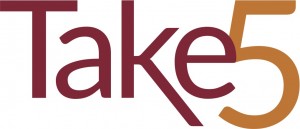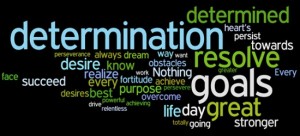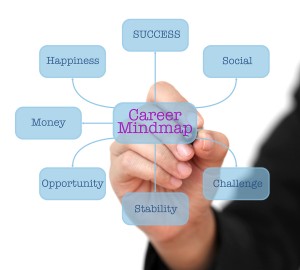When it comes to dealing with life’s challenges, it’s easy to either get overwhelmed and jump the gun, or procrastinate and hope for the best. This is especially true if it’s a new situation that doesn’t seem to have an easy, cookie cutter answer. We want to use our instincts and move through life’s entanglements with ease, but instead end up mired or stuck at some half-way point as the problem lingers, causing further stress.
Let’s face it, on a daily basis we are barraged with choices. In today’s world especially, too many choices becomes part of the problem. In the last week I found this approach to be very helpful with a professional challenge (low summer enrollment), as well as in my home life (summer mom stuff with teens—need I say more?). It is versatile and anyone can do it.
First, put into one sentence the scenario you are struggling with. Once you have something tangible in mind, make it as concrete as possible.
Then ask these five simple questions:
- What is the best possible outcome?
- What is the worst possible outcome?
- What is the most likely outcome?
- Keeping #3 in mind, what is a reasonable step-by-step plan *you can do going forward?
- Once you begin the plan, what are the lessons learned for future, similar situations?
*Note, I italicized you can do in #4 because Take 5 only works if you take on the responsibility and action and not put it on someone else to solve.
What is especially fruitful about this sequence of questions is it can be applied to almost any problem. And this approach keeps us in a more neutral zone, away from over reaction and made up stories that we find ourselves imagining at 3am, when the reptilian brain is most active, resulting in distorted, worst case scenario thinking.
I also like this because it isn’t overly Pollyanna, yet allows room for positive thinking while also focusing on what’s most likely going to happen. This 5 step Q&A taps into our gut and gets us into a problem-solving mode quickly. Try it out yourself and see let me know if it works for you: julia@personalmasterycoaching.com














